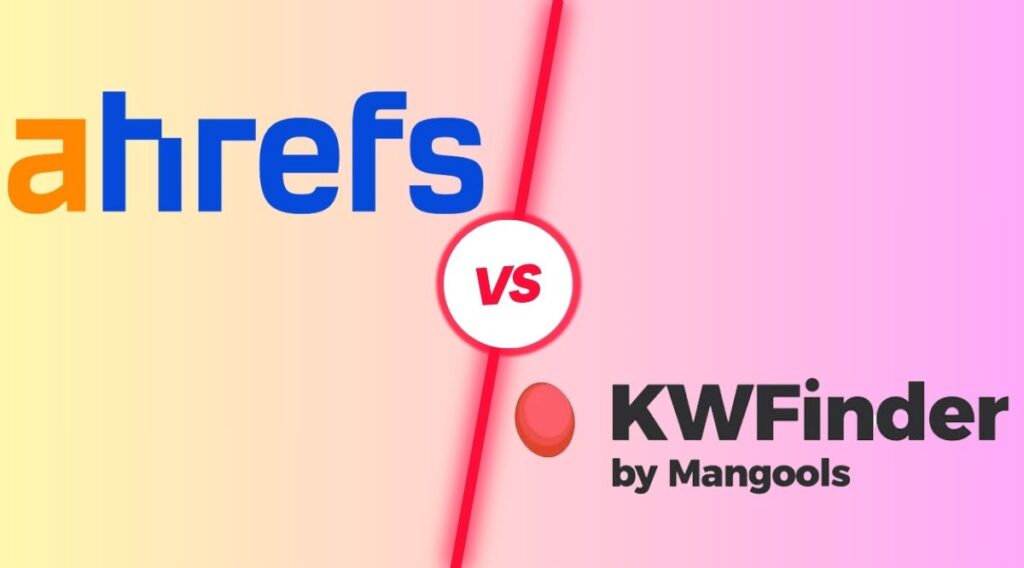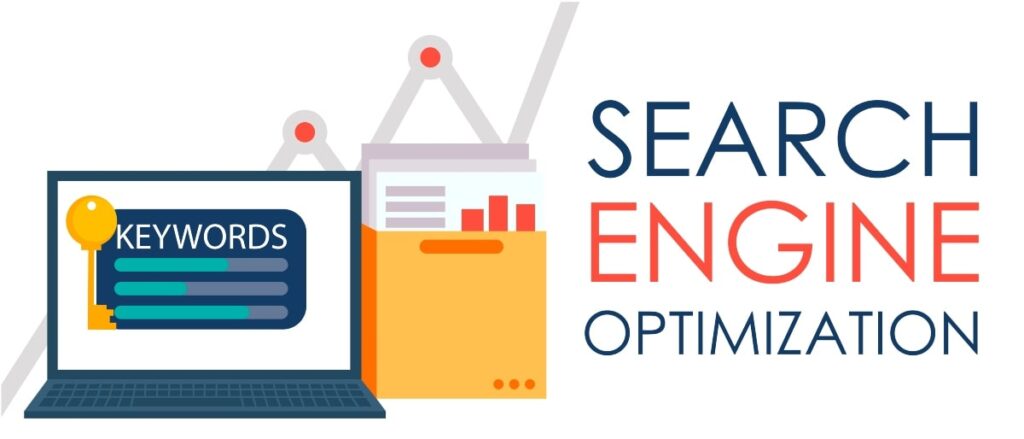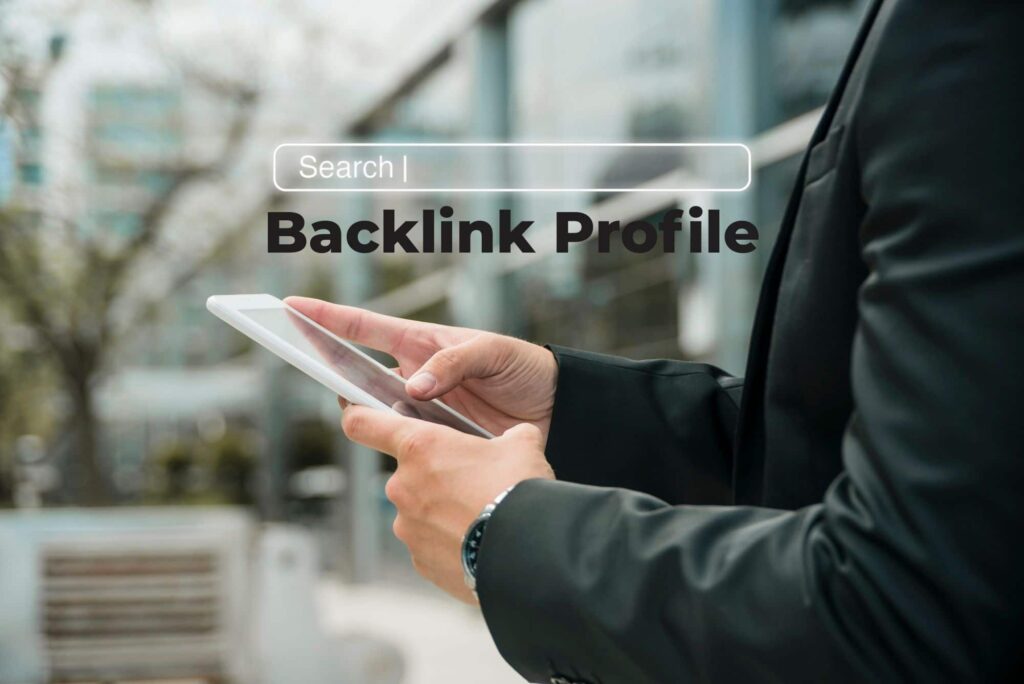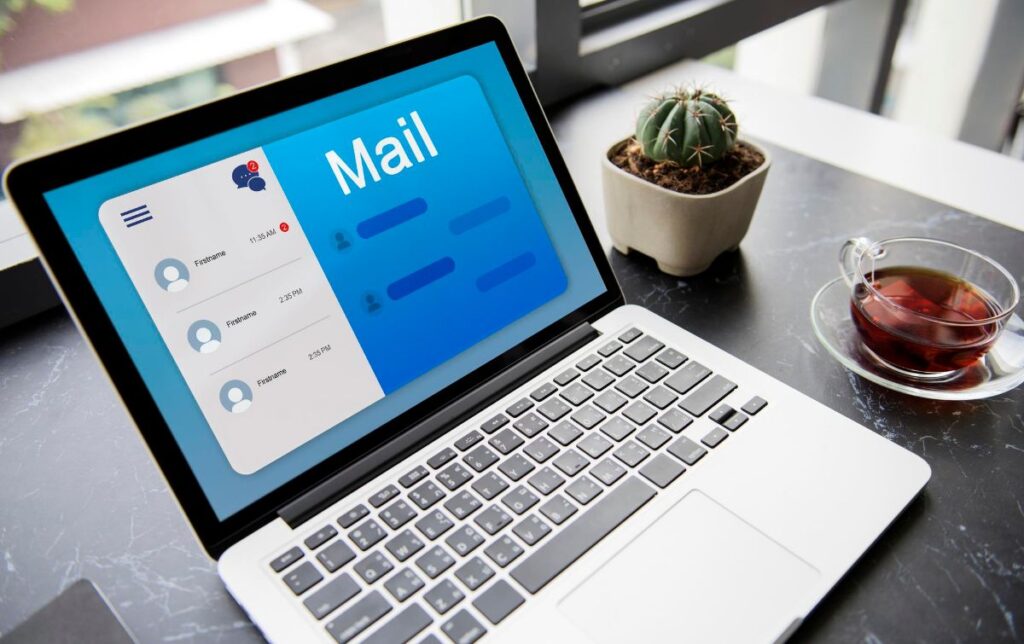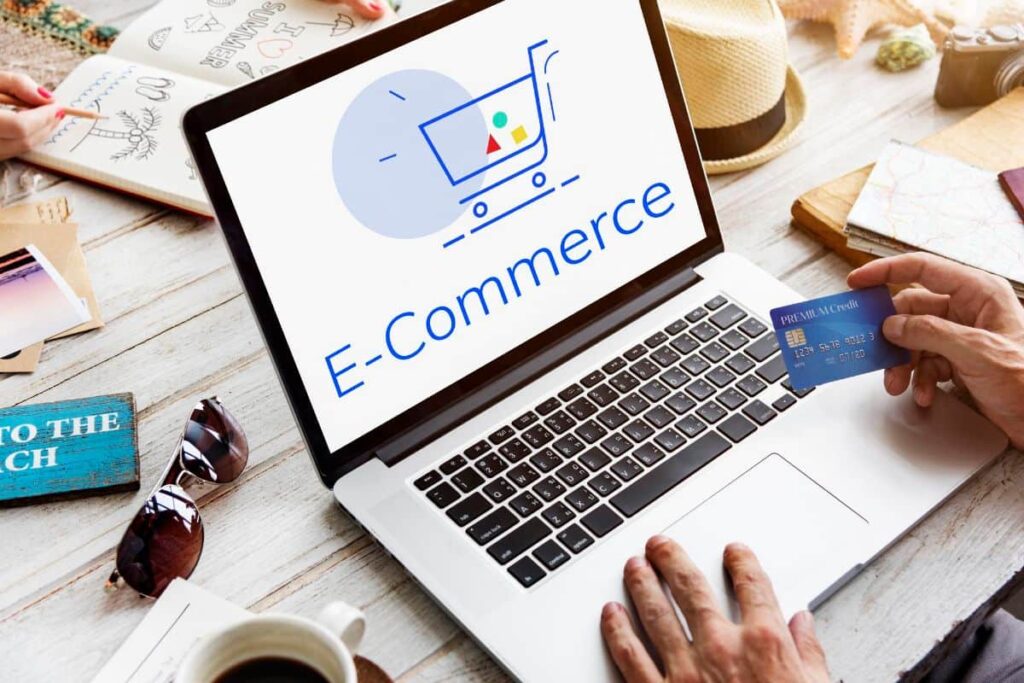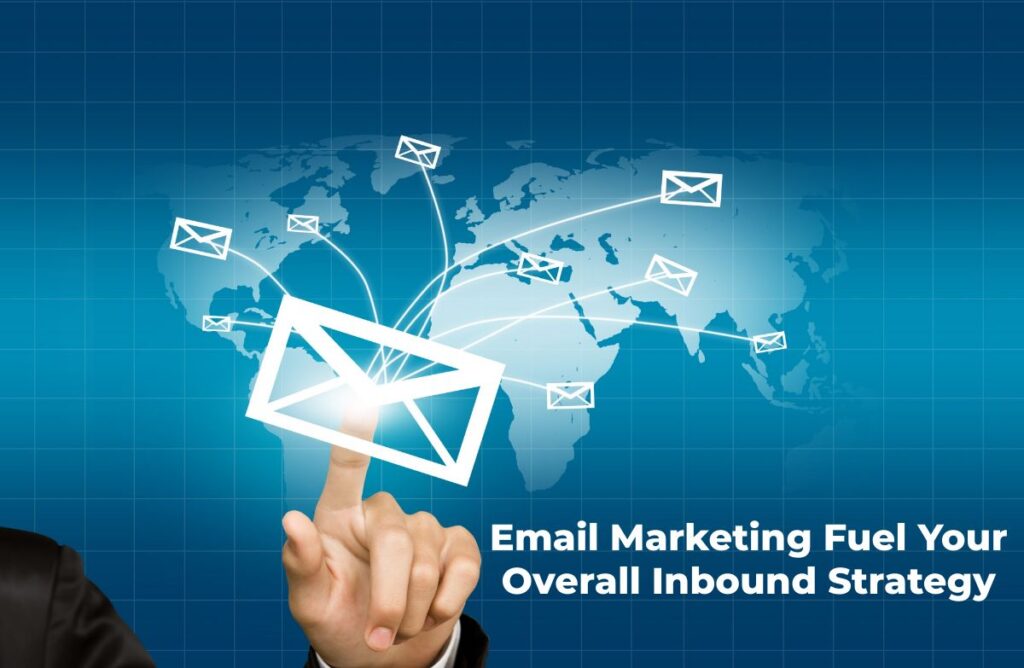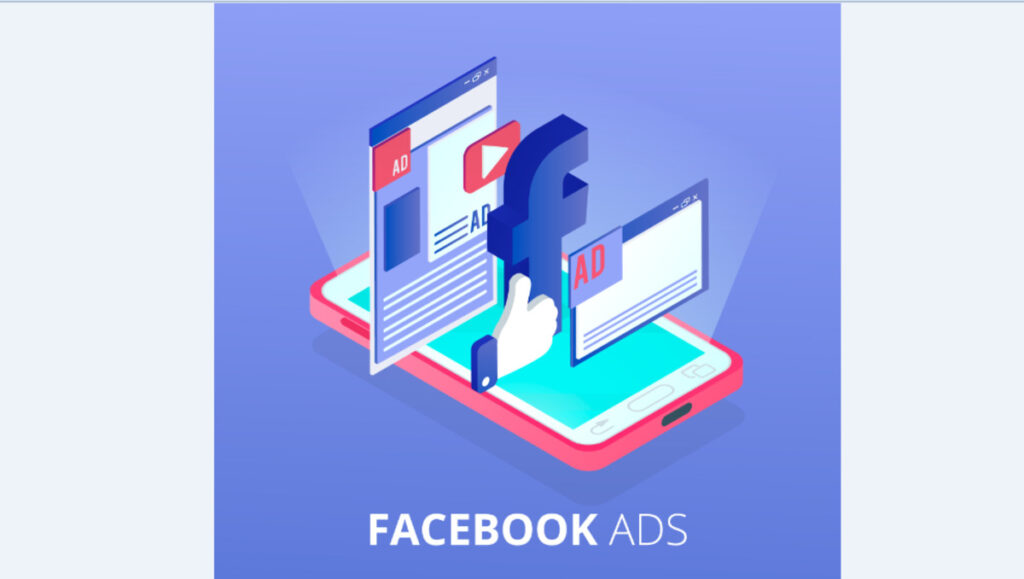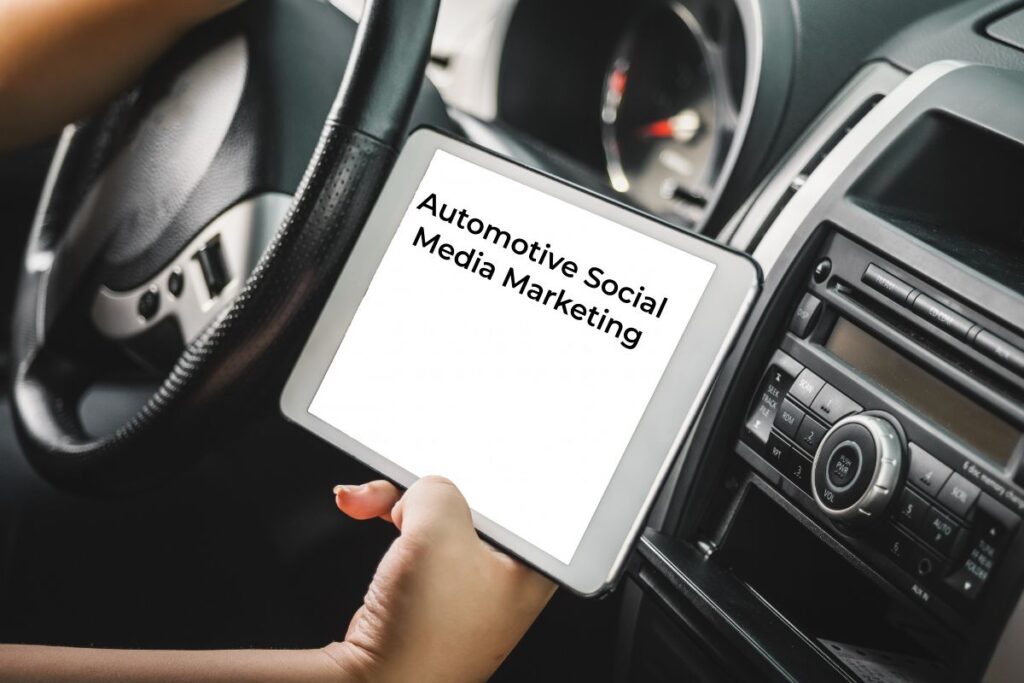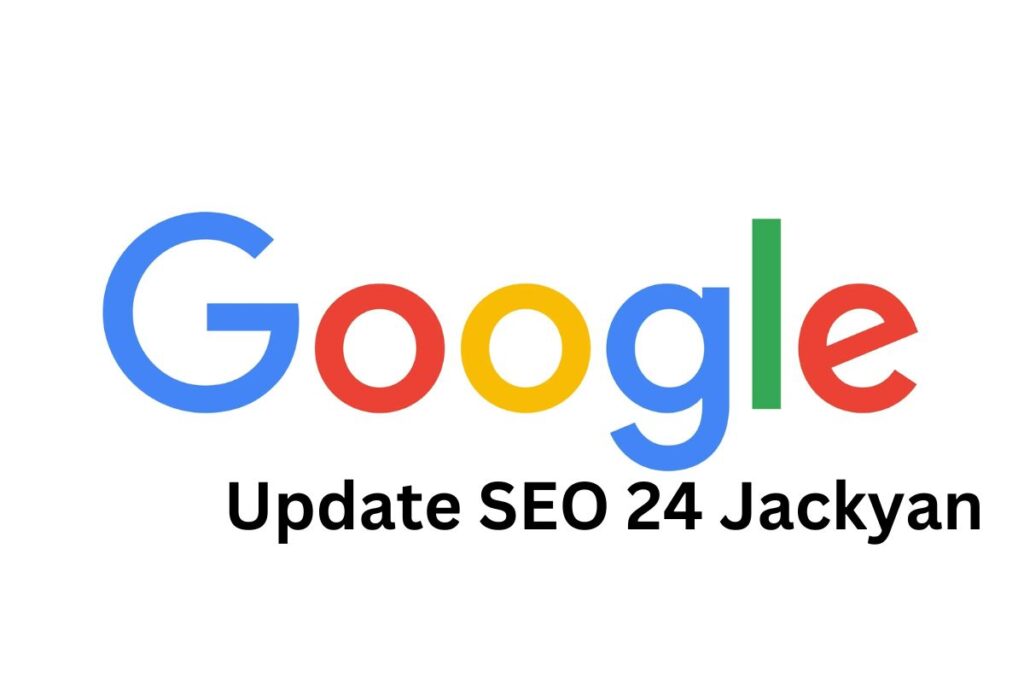Local digital marketing is critical to any business strategy targeting customers within a specific geographical area. If done properly, it can mean the difference between thriving and merely surviving in today’s competitive landscape. Here’s a comprehensive guide to help you understand and implement effective local digital marketing strategies.
What is Local Digital Marketing?
Local digital marketing uses online platforms to draw clients to a specific locality. This covers email marketing, social media marketing, search engine optimization (SEO), and managing local listings. Unlike traditional methods such as flyers and billboards, digital marketing offers precise targeting and easier tracking of your return on investment (ROI).
Boost Your Local SEO
Search engine optimization is crucial for your website for most local businesses. Considering how many people turn to Google to find local products and services, appearing in local search results is vital. Make sure to:
- Optimize your website with relevant keywords.
- Maintain an up-to-date Google Business Profile.
- Make sure every listing in your directories is true and comprehensive.
Semrush’s Listing Management tool can simplify this process by distributing your business information across 70+ top directories, ensuring consistency and accuracy.
Leverage Pay-Per-Click (PPC) Advertising
PPC ads, such as Google Ads and Facebook, can target particular local audiences. You can target certain people based on location, interests, and search intent. PPC is an effective way to quickly place your business at the top of search results, ahead of your competitors. Additionally, you can retarget users who have previously interacted with your business online.
Create Compelling Local Content
Producing something that appeals to your community builds trust and improves your local SEO. Write informative posts about your community, highlight local events, and mention your business subtly within this context. This approach positions your company as an integral part of the community without sounding too salesy.
Engage with Local Influencers
Local influencers might not have massive followings like global celebrities, but they have a dedicated, niche audience. Collaborating with them can significantly enhance your local digital marketing efforts. Find local influencers by searching relevant hashtags or using influencer discovery platforms like BuzzGuru.
Utilize Local Social Media Groups
Participate in local communities on social media. Instead of promoting your business directly, participate in discussions, offer valuable insights, and position your business as a helpful community member. Occasionally, share discounts and competitions to boost engagement without overwhelming the group with sales pitches.
Leverage Local News Outlets
Local newspapers and online news sites offer another avenue to reach your audience. Many offer advertising packages that include social media mentions and sponsored posts. You can also gain free exposure by crafting compelling press releases about newsworthy events related to your business.
Build and Nurture an Email List
Getting consumer emails enables you to construct a direct communication channel. Use promotions and valuable content to encourage sign-ups. Instead of constantly promoting your business, nurture your email list by sharing stories, making recommendations, and engaging your audience.
Best Practices for Local Digital Marketing
- Create Client Personas: Understand your target audience by creating detailed client personas. Conduct interviews with your best customers to learn about their pain points and why they choose your business.
- Manage Reviews: Reviews can significantly impact your local reputation. Please respond to all feedback to show customers that you value their opinions.
- Mobile Optimization: Because many visitors look for local providers, ensure your website is mobile-friendly.
- Consistent NAP Data: Your company’s name, location, and phone number (NAP) should be the same for all listings and marked with schema code to aid search engines on your website.
- Track Your Metrics: Decide which metrics to track (e.g., local rankings, calls, website clicks) and use tools to monitor your progress.
Avoiding Pitfalls in Local Digital Marketing
A poorly executed local digital marketing strategy can harm your local rankings and reputation. Ensure you have a clear plan, target the right audience, and track your results to save your budget. With the right tools, like Semrush’s Listing Management, you can streamline your local digital marketing efforts and ensure your business stands out in your community.
Energize Your Local Digital Marketing with Semrush
Semrush’s Listing Management tool easily boosts online visibility and generates progress reports. By automating and simplifying many aspects of local digital marketing, you can focus on what matters most—growing your business.
The Power of Local Online Marketing
Local online marketing is a strategic form of digital promotion to reach customers or potential customers within a specific geographic area. Businesses can use social media, other digital search engines, and more digital venues to target and interact with their local audience efficiently. Engines, email, and mobile apps. Considering that around 85% of all transactions occur in local stores, focusing on local online marketing can significantly boost a business’s visibility and sales within its community.
4 Major Types of Digital Marketing
Prompt Local digital marketing strategies often employ a multi-channel approach to achieve the best results. Here are four major types of digital marketing that might assist you in creating a strong online presence and drive significant business growth:
Content Marketing
To capture and maintain a target audience’s interest, content promotion focuses on producing, disseminating, and publishing useful and pertinent material. The goal is to provide useful information that helps potential customers solve their problems, positioning your business as a trusted authority in your industry. Effective content marketing can include:
- Blog Posts: Regularly updated articles on topics relevant to your audience.
- E-books and Whitepapers: In-depth guides that provide comprehensive insights into specific issues.
- Videos and Webinars: Visual and interactive content explaining complex concepts or demonstrating product uses.
- Infographics: Visually appealing graphics that present data and information in an easily digestible format.
Search Engine Optimization (SEO)
SEO is optimizing your website and its material to show up higher in SERPs or search engine results pages. Higher rankings increase your site’s visibility to prospective customers who are actively seeking out comparable products or services to yours. Key aspects of SEO include:
- Keyword Research: Identifying and targeting your audience’s keywords to search for your offerings.
- On-Page SEO: Optimize the titles and other content on your website titles, meta descriptions, and content to make them more search-engine-friendly.
- Off-Page SEO: Building backlinks from reputable sites helps raise your website’s authority and search engine rating.
- Technical SEO: Make certain your website is functionally sound with fast load times, mobile optimization, and proper search engine indexing.
Search Engine Marketing (SEM)
Paid advertising is used in SEM to raise how search engines see your website. Unlike SEO, which focuses on organic rankings, SEM uses paid methods like pay-per-click (PPC) advertising to raise your website to the top of search results as soon as possible. Key components of SEM include:
- Google Ads: Creating targeted ads that appear in Google search results based on users’ search queries.
- Bing Ads: Similar to Google Ads, but targeting users who use the Bing search engine.
- Ad Copy Optimization: Writing compelling ad copy that encourages clicks and conversions.
- Bid Management: Strategically managing your bids on keywords to maximize the return on your ad spend.
Social Media Marketing (SMM)
SMM utilizes social media platforms to increase brand awareness, interact with your audience, and market your business. Effective social media marketing can enhance customer relationships and drive traffic to your website. Key strategies in SMM include:
- Content Creation and Sharing: Posting relevant and engaging content regularly to keep your audience interested.
- Paid Social Advertising: Using platforms like Facebook and Instagram, Utilize LinkedIn Ads to connect with more people.
- Community Management: Interacting with your followers, responding to comments and messages, and building a loyal online community.
- Analytics and Reporting: Monitoring your social media performance media marketing efforts to determine what is effective and requires development.
Conclusion
When used effectively, local digital marketing is an effective instrument that can greatly increase your company’s visibility and revenue within your community. More than ever, you can successfully and economically contact your target demographic by optimizing your local SEO, leveraging PPC advertising, creating engaging local content, collaborating with local influencers, and participating in local social media groups.
Building and nurturing an email list, managing reviews, ensuring mobile optimization, and maintaining consistent NAP data are essential practices to keep your local digital marketing efforts on track. Tools like Semrush’s Listing Management can streamline these processes, ensuring accuracy and saving valuable time.







